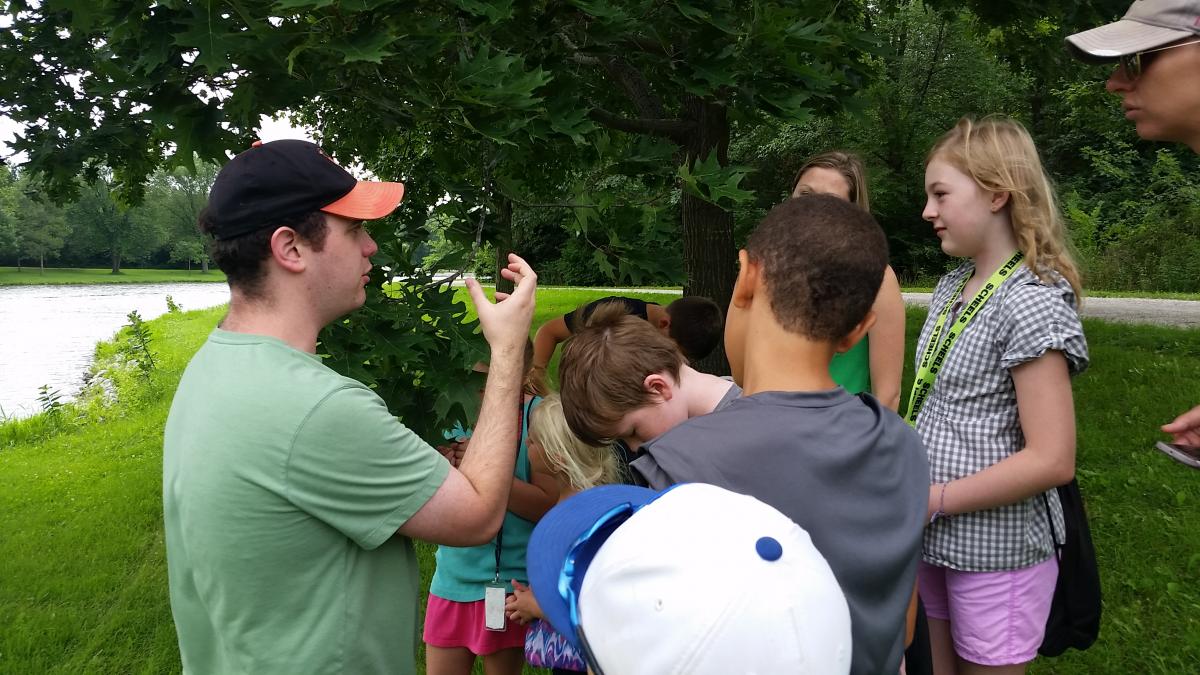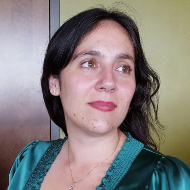As you know, Science Booster Clubs improve community science literacy and provide grants to local teachers. But wait, there’s more! The Clubs are also creating a generation of scientists who work confidently with the public. Volunteering with Booster Clubs helps graduate students learn effective outreach skills.
Graduate students at the University of Iowa provide the backbone of volunteer efforts for the Science Booster Club Program in Eastern Iowa. They give hundreds of hours of volunteer labor to the program. In return, they get valuable experience learning how to connect with the public.
The University of Iowa recently recognized their efforts, and the impact of their volunteerism, with a wonderful article. And NCSE continues to recognize graduate students by offering them a one year free membership.
The culture of scientific research is changing. Outreach and impact are more important than ever. Funding organizations, such as the NSF, are getting serious about science outreach. Our graduate student intern, Kyle McElroy, will be supported by an NSF supplement this summer, based on his outreach work with NCSE.

As research culture shifts to focus more on outreach, we should approach the twin issues of outreach and engagement like scientists. Engaging the public is not an art or an instinct, it’s a learned skill that we can measure, evaluate, and refine. Just as we work to teach our students the skills involved in research, experimental design and analysis, and the written and spoken forms of scientific communication, we should take seriously the task of preparing young scientists to engage with the public.
NCSE's Science Booster Club program gives students opportunities to learn and practice these essential skills. But of course, graduate students can’t engage in these programs on their own. They need faculty support. Which is why it’s important to note that Professor Maurine Neiman, the first faculty member to be associated with the Science Booster Club Program, has begun winning grants allowing for substantial student support based on her involvement. For the past three semesters, she has also received partial support for a graduate student from NCSE.
Outreach and engagement are a win-win for students and faculty. Even more importantly, it’s a win for the scientific community. We have the opportunity to educate the next generation of scientists so that they can interact confidently and skillfully with the public, serving not only to communicate their findings, but to give the general public a positive impression of scientists and the scientific endeavor.
How cool would it be if, in twenty years, the cultural image of a scientist wasn’t a crazy guy with a death ray, but a useful person who helps you solve your problems? Not to hate on my colleagues in the important field of death ray research (for obvious reasons). But wouldn’t it be great if the public could start seeing scientists as what we already are? We’re building tools to help at NCSE.

